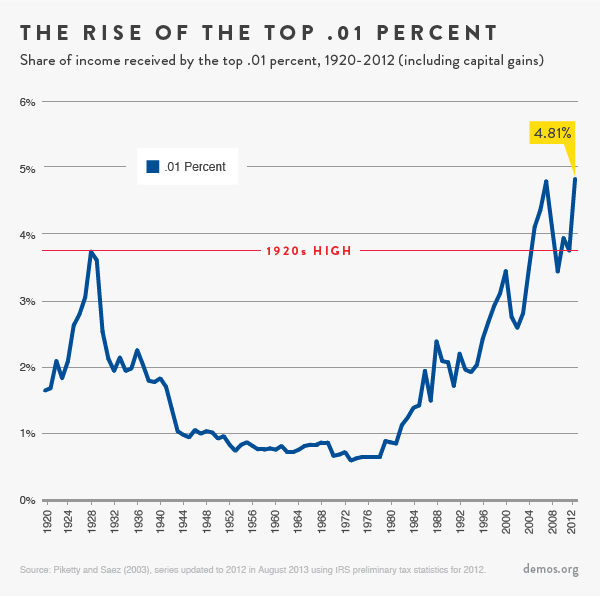A Snowball Soon to be an Avalanche: Student Debt and Older Americans
If it's hard for the current seniors to retire because of student debt, imagine the struggles the current generations will face.
The New York Times recently ran a piece highlighting the growing impact of student debt among older Americans, including the challenge of paying down debt on a fixed income and the increasing number of Americans having their Social Security checks garnished to service defaulted student loans.
However, as the piece also notes, a relatively small proportion of older Americans currently hold student debt: 3.7 percent of Americans over 60 and 11 percent of Americans aged 50 to 59, compared to 27 percent of 30 to 39 year-olds.

And as these millennials, the first generation heavily burdened with student debt, age into later adulthood and retirement, the effects of carrying this student debt for the better part of their adult lives will expand far beyond simply taking a bite out of their social security checks; it will not only severely impact the well-being of other generations—particularly their parents and children—but the health of the entire economy.
Because millennials with student debt are forced to repay that debt during the beginnings of their careers, when the lifetime payoff from saving for retirement and accumulating other financial assets is highest. That means repaying that debt will have a greater impact on their lifetime net worth than it does for the generation highlighted in the Times article, many of whom borrowed for education mid-career. Our research shows that a young college-education household with $50,000 in student debt will end up with a net worth at retirement more than $200,000 lower than a similar debt-free household due to the burden of repaying that debt in early adulthood.
This lower net worth, in turn, will make it harder to finance the major expenses that many households are faced with later in the careers—taking care of elderly parents, paying for their children’s educations, or weathering a late-career job loss, among many—potentially forcing these already-burdened households to pay out of pocket or even dip into what meager retirement savings they’ve been able to accumulate.
As a result, borrowing for college, sold to millennials as the one remaining sure path to financial security, may actually lead to a monthly Social Security check being an entire generation’s only means of financing their golden years.
You can now see how student debt can snowball between generations. Millennials’ children may be forced to borrow more for their own educations because their parents couldn’t afford to contribute as much, and many more may be faced with the specter of helping out their impoverished parents in their old age. These wealth losses from student debt will only continue to get larger as the snowball rolls down the generational hill; unless, that is, we take action now to halt its advance.
A problem this complex requires a multi-pronged policy approach to combat it, but the best way to start would be for Congress to pass Senator Warren’s “Emergency Loan Refinancing Act”, which would lower interest rates on existing student loans. We can also prevent future tuition hikes, and thus higher future student debt burdens, by helping states restore cuts to higher education (the primary cause of rising tuitions).
One way to do so would be to create a federal-state higher education grant program, like the one proposed by my college Mark Huelsman. But we need to take action now if we want to prevent today’s student debt snowball from turning into an avalanche.

